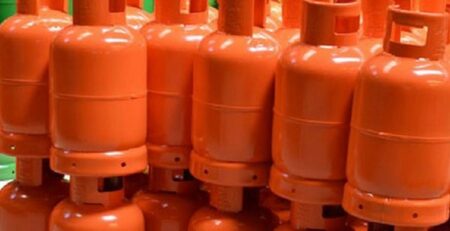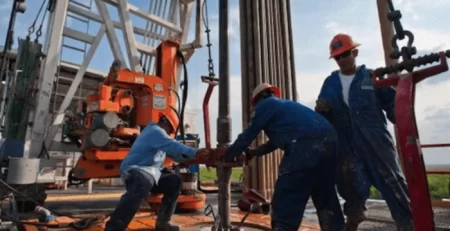Port Harcourt refinery to start before end of 2023, says NNPC GMD
Mele Kyari, the Group Managing Director of the Nigerian National Petroleum Corporation (NNPC) Limited, has promised that the Port Harcourt refinery, located in Rivers State, Nigeria, will kick off production of fuel and other refinery activities before the end of the year.
In an exclusive interview with Arise Television’s “The Morning Show” on Thursday, Kyari said that the reason why the Port Harcourt refinery is behind schedule is because of disruptions in the global supply value chain that were created by the Russia-Ukraine war and are not peculiar to Nigeria.
“Of course there is work going on in the Warri refinery that is already in earnest. For the Kaduna refinery, that is a different situation, and we have awarded the turnaround maintenance for the Kaduna refinery, which is already in place,” he said about the other two federal government refineries.
He admitted that with the Dangote Refinery, local refineries whose turnaround maintenance is nearing completion, and a couple of modular refineries, the country should be expecting a surplus of petroleum products by the end of next year.
“So ultimately, what this means is that we are going to have a surplus of product in the country by the end of next year,” he noted.
He reminded everyone of the projected contribution of the Dangote refinery once commercial production kicks off sometime in July or August.
“Once that happens, you would have a significant volume of PMS—once that happens, we fix our refineries and other modular refineries, and this country will be the hub of petroleum refineries on the continent and a reversal of market choice,” he said.
Earlier in the interview, the Group Managing Director debunked popular views, claiming that once the country starts a whole-scale domestic refinery of petroleum products, the price of fuel and others will come down drastically.
“There is this misconception that once you start to refine locally, the price is going to crash to half the price; that is not correct,” he said. “The distinction between domestic pricing and import pricing is simply two things.”
He listed two major instantaneous benefits outside of this price crash that will come to the country. According to Kyari, the security of the supply of products and businesses around refinery activities will improve.
He said, “First, it gives you security of supply—supply is by your door. You don’t need 14 days to move products from Europe into Nigeria. That goes away; you have access to this product because there’s no disruption in the supply chain. You have a short time to regulate and move around, so it gives you security of supply. This is the number one thing it does.
“Secondly, it creates a market around it for employment, taxes, and so many other benefits that will come to the country.”
He corrected another popular misconception around the pricing of refined petroleum products, saying that the prices of refined products, regardless of area of production, are determined by the international market.
“Therefore, at the gate of your refinery, you are pricing it as if you are getting it from Rotterdam or Amsterdam; that means the conversion of FX that determines the market value is determined by the international market,” he said.
“But there will be a delta; that delta is the cost of freight that builds up in your country. You will see a difference in price as a result of the freight difference,” he added.



